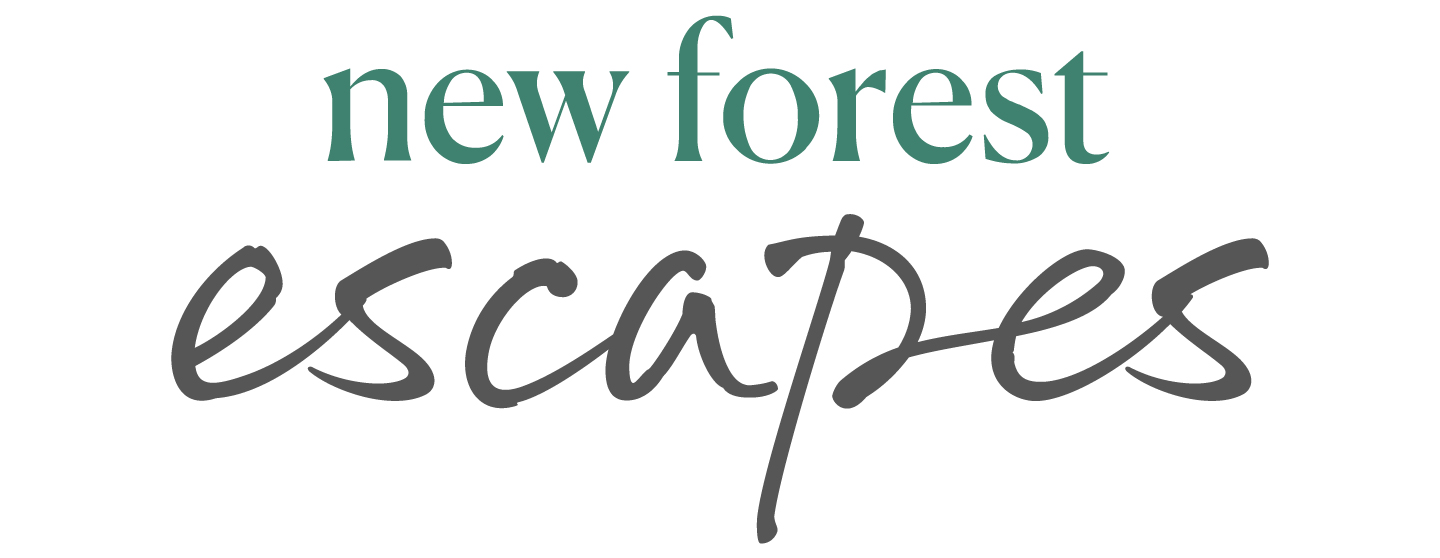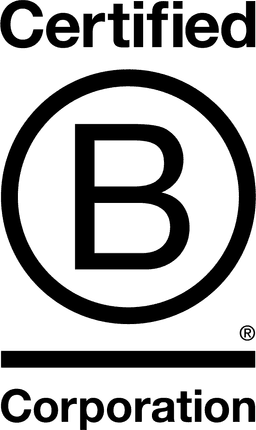

New Forest Escapes

Hampshire, United Kingdom
March 2022
Accommodation
Service with Minor Environmental Footprint
United Kingdom
New Forest Escapes - Since 2010 the female-led team have paved the way in luxury New Forest staycation tourism. Each self-catering house is presented with something special and quirky enough to tempt people away from flying and into staycations. Under 45% of holiday houses are accepted into the business. The brand focuses on redefining 'luxury' away from 1980's ideals and into a modern, integral meaning, including the basics: local, and seasonal. Inspiring 'education touch-points' are crafted into all communications to encourage people into future-focused, climate-friendly behaviours. Owners are encouraged to green-up their houses and support local businesses. Guests are encouraged to immerse themselves in the slow/local life, embrace nature, and support sustainability-goals on their travels. The brand gives particular emphasis to inspiring people through story-telling; interviewing local food heroes and spending-green. The directors believe that the business is an effective platform to catalyse and lead change, and often the first to roll their sleeves up and get involved. Our future vision is collaborative, upbeat and positive. Find out more www.newforestescapes.com
Overall B Impact Score
Governance 18.9
Governance evaluates a company's overall mission, engagement around its social/environmental impact, ethics, and transparency. This section also evaluates the ability of a company to protect their mission and formally consider stakeholders in decision making through their corporate structure (e.g. benefit corporation) or corporate governing documents.
What is this? A company with an Impact Business Model is intentionally designed to create a specific positive outcome for one of its stakeholders - such as workers, community, environment, or customers.
Workers 32.7
Workers evaluates a company’s contributions to its employees’ financial security, health & safety, wellness, career development, and engagement & satisfaction. In addition, this section recognizes business models designed to benefit workers, such as companies that are at least 40% owned by non-executive employees and those that have workforce development programs to support individuals with barriers to employment.
Community 27.5
Community evaluates a company’s engagement with and impact on the communities in which it operates, hires from, and sources from. Topics include diversity, equity & inclusion, economic impact, civic engagement, charitable giving, and supply chain management. In addition, this section recognizes business models that are designed to address specific community-oriented problems, such as poverty alleviation through fair trade sourcing or distribution via microenterprises, producer cooperative models, locally focused economic development, and formal charitable giving commitments.
Environment 16.6
Environment evaluates a company’s overall environmental management practices as well as its impact on the air, climate, water, land, and biodiversity. This includes the direct impact of a company’s operations and, when applicable its supply chain and distribution channels. This section also recognizes companies with environmentally innovative production processes and those that sell products or services that have a positive environmental impact. Some examples might include products and services that create renewable energy, reduce consumption or waste, conserve land or wildlife, provide less toxic alternatives to the market, or educate people about environmental problems.
Customers 4.2
Customers evaluates a company’s stewardship of its customers through the quality of its products and services, ethical marketing, data privacy and security, and feedback channels. In addition, this section recognizes products or services that are designed to address a particular social problem for or through its customers, such as health or educational products, arts & media products, serving underserved customers/clients, and services that improve the social impact of other businesses or organizations.